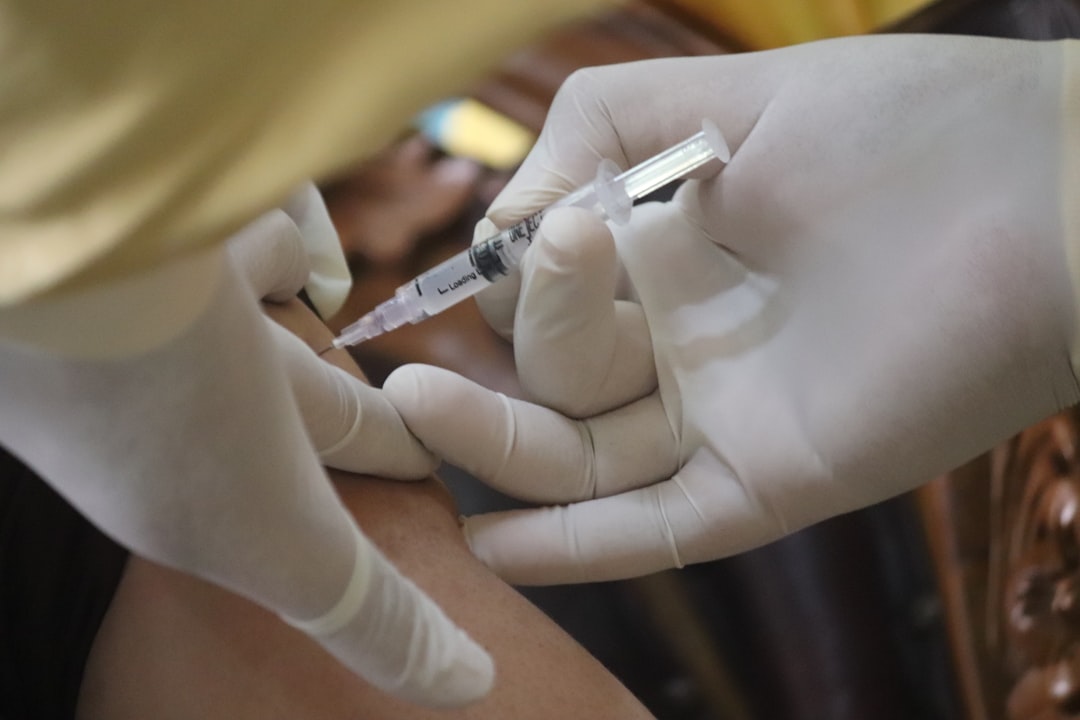What is it about?
The function of the mammalian target of rapamycin (mTOR) is upregulated in response to cell stimulation with growing and differentiating factors. Active mTOR controls cell proliferation, differentiation and death. Since mTOR associates with different proteins to form two functional macromolecular complexes, we aimed to investigate the role of the mTOR1 and mTOR2 complexes in MEG-01 cell physiology in response to thrombopoietin (TPO). By using mTOR antagonists and overexpressing FKBP38, we have explored the role of both mTOR complexes in proliferation, apoptosis, maturation-like mechanisms, endoplasmic reticulum-stress and the intracellular location of both active mTOR complexes during MEG-01 cell stimulation with TPO. The results demonstrate that mTOR1 and mTOR2 complexes play different roles in the physiology of MEG-01 cells and in the maturation-like mechanisms; hence, these findings might help to understand the mechanism underlying generation of platelets.
Featured Image
Read the Original
This page is a summary of: Role of mTOR1 and mTOR2 complexes in MEG-01 cell physiology, Thrombosis and Haemostasis, July 2015, Schattauer GmbH,
DOI: 10.1160/th14-09-0727.
You can read the full text:
Contributors
The following have contributed to this page










